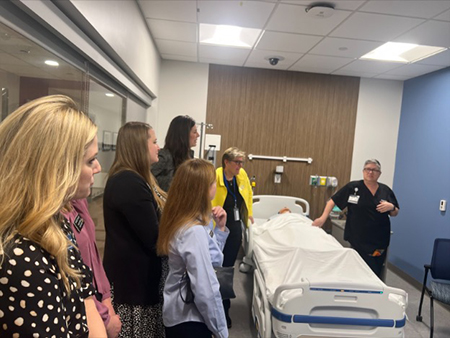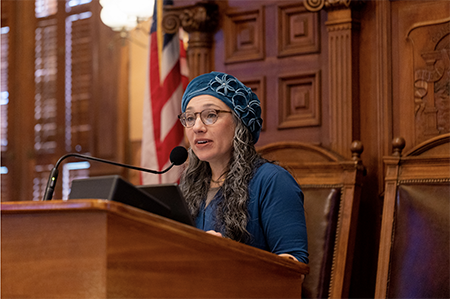| While Democrats maintained control in the U.S. Senate, Republicans now have a narrow majority in the House of Representatives and are committed to passing significant budget reforms. These reform proposals include capping discretionary spending at FY2022 levels and offsetting any increases in spending with cuts elsewhere in the budget. There is no doubt that these desired reforms will further drive the wedge between Republicans in Congress and the Biden administration. President Biden is scheduled to deliver his next State of the Union address to a joint session of Congress on February 7, at 9:00 pm ET, where he will report on the state of the country and provide an update on his priorities for the coming year.
Biden to End the Public Health Emergency
On January 30, President Biden informed Congress that he will end the national public health emergency (PHE) for addressing the COVID-19 pandemic on May 11, 2023. Ending the PHE will bring changes to many of the flexibilities that began during the earliest days of the pandemic. These include increased leeway with reporting requirements, environmental standards, patient rights, Medicare policies, and more. The end of the PHE will not impact all telehealth flexibilities, as some were extended through 2024 in the FY 2023 government funding bill; however, the waiver on originating site requirements and other barriers to reimbursement for telehealth will expire with the PHE on May 11, 2023. The end of the PHE also means states will need to begin the process of redetermining the eligibility of Medicaid recipients on April 1, 2023.
Committee Assignments
Congressional committees are taking shape. Below are key committee assignments for Georgia’s delegation.
- Congressman Rick Allen and Congresswoman Lucy McBath will serve on the House Education and Workforce Committee.
- Congressman Allen will also serve on the House Energy and Commerce Committee with Congressman Buddy Carter.
- Congressman Sanford Bishop and Congressman Andrew Clyde will serve on the House Appropriations Committee.
- Congressman Drew Ferguson will serve on the Ways and Means Committee.
Each of these committees has jurisdiction over an aspect of healthcare and higher education. The OGCA team has been meeting with each of these offices to learn their priorities and will continue to work with them throughout the 118th Congress.
Oversight
House Republicans have been clear that they intend to use their new-found majority to conduct extensive investigations and oversight throughout the 118th Congress. Topics of this oversight include the politicization of federal agencies and the response to the COVID-19 pandemic. This week, the House Committee on Oversight and Accountability held the panel’s first committee hearing titled “Federal Pandemic Spending: A Prescription for Waste, Fraud, and Abuse,” exploring the spending and management of federal funds during the pandemic. We expect there to be a number of hearings related to the pandemic, hospitals, and health care.
Debt Ceiling
The most significant challenge currently facing the 118th Congress is the quickly approaching debt ceiling. The U.S. Department of Treasury has already announced that it is taking extraordinary measures to pay the government’s debts, which added significant pressure on Capitol Hill before negotiations even began. At the moment, conservative Republicans are aiming to utilize the debt ceiling as a way to negotiate spending cuts to address the nation’s debt, which currently sits at roughly $31 trillion. Democrats claim Republicans are endangering the “full faith and credit” of the United States by insisting on partisan negotiations. On February 1, President Joe Biden met with House Speaker Kevin McCarthy to begin discussions on lifting the debt limit, kicking off what is sure to be a lengthy negotiation process.
Please see OGCA’s Congressional Update which seeks to update Capitol Hill on happenings at Emory. | 









